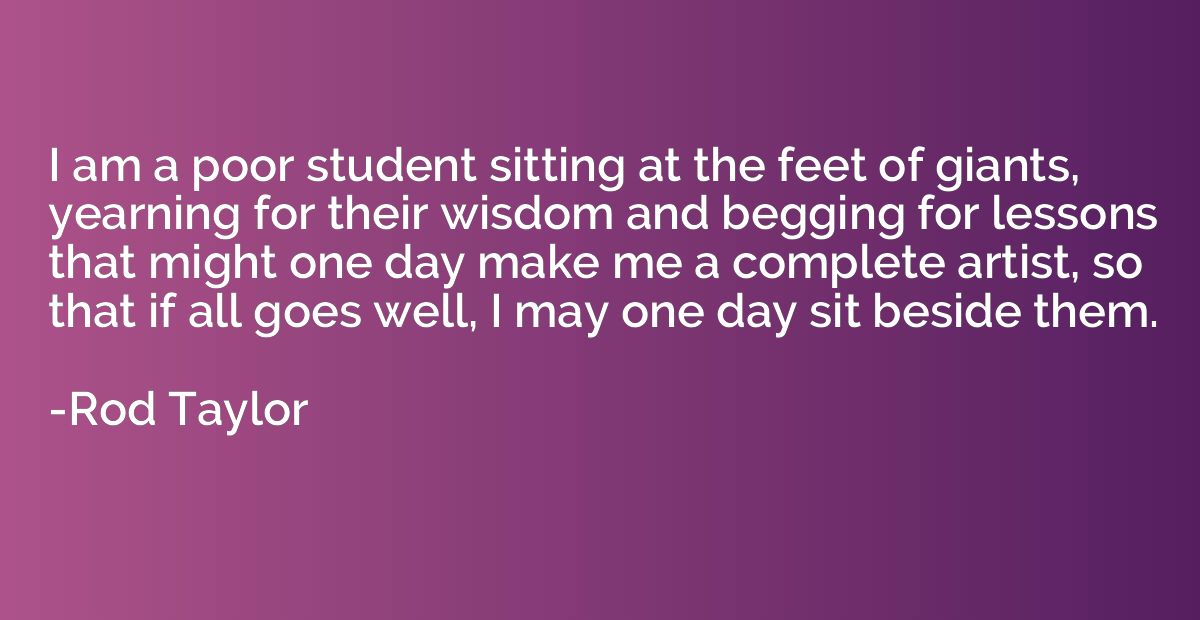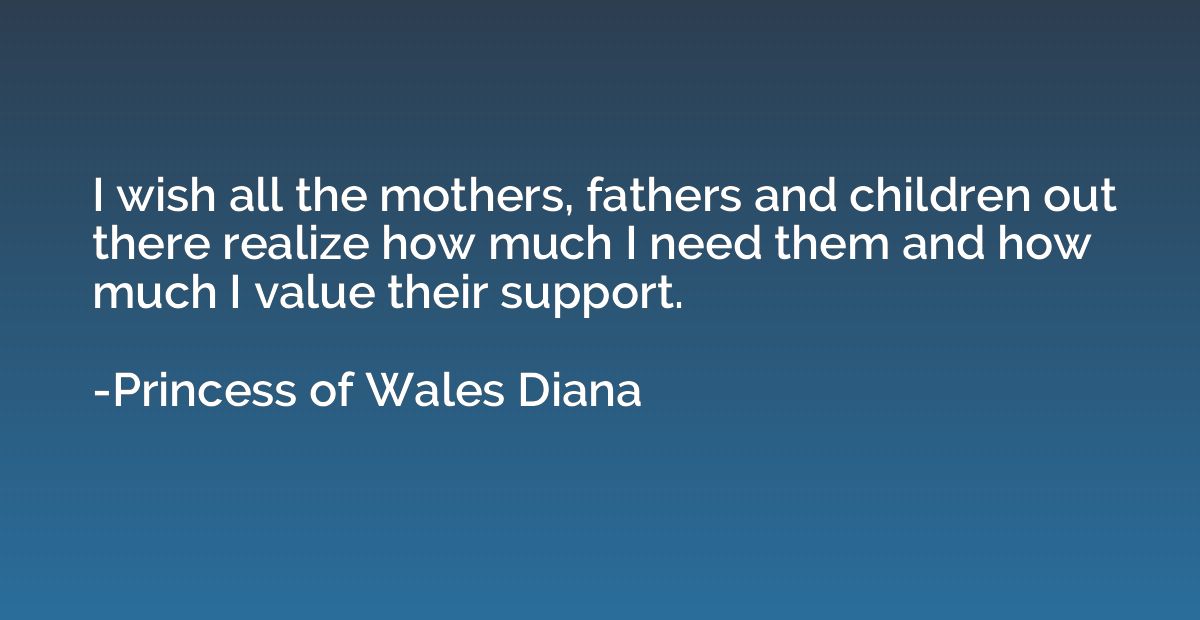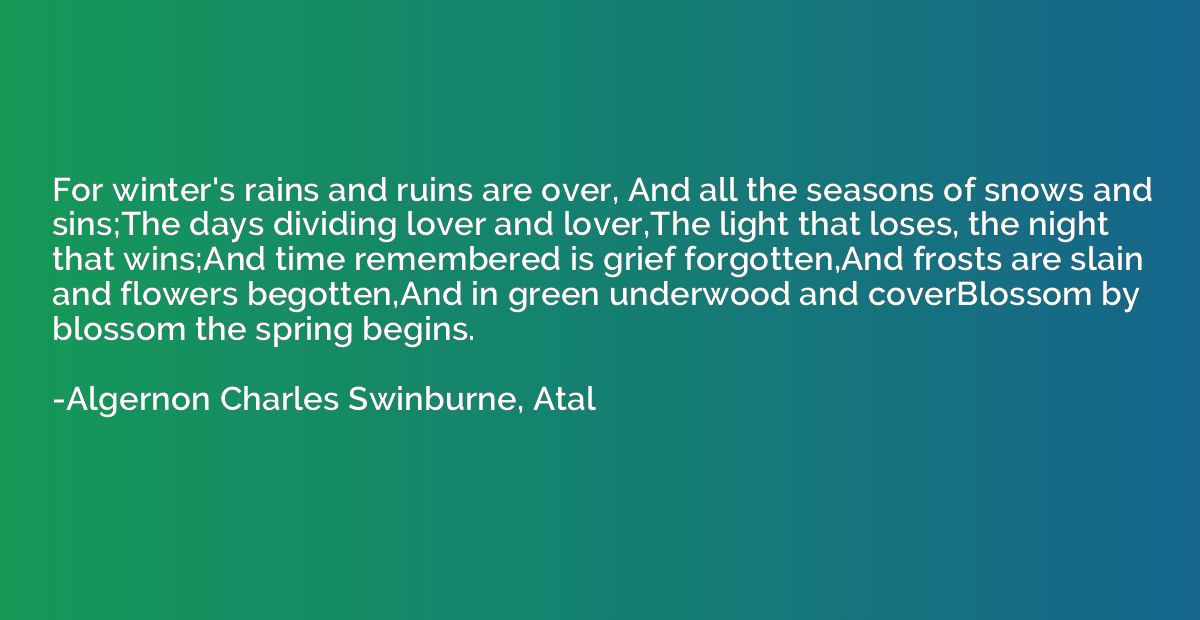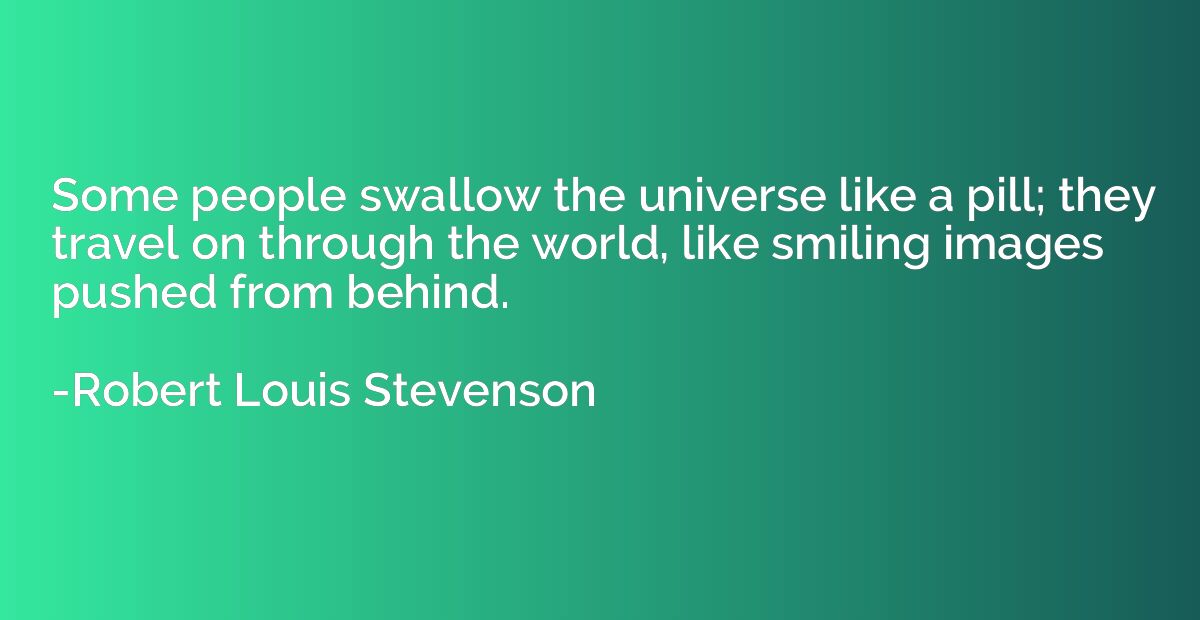Summary
This quote, often attributed to 19th-century American writer Clara Bow but of uncertain origin, expresses a sentiment of disappointment in human beings and preference for the companionship of dogs. It implies that the speaker has observed certain negative traits or behaviors in people that have led to a decreased admiration for them. In contrast, dogs are seen as more genuine, loyal, and deserving of affection. It suggests that the speaker finds solace and comfort in the simple and unconditional love provided by dogs in comparison to the complexities and shortcomings of human relationships.
Topics
Dogs
By Clara Bow















